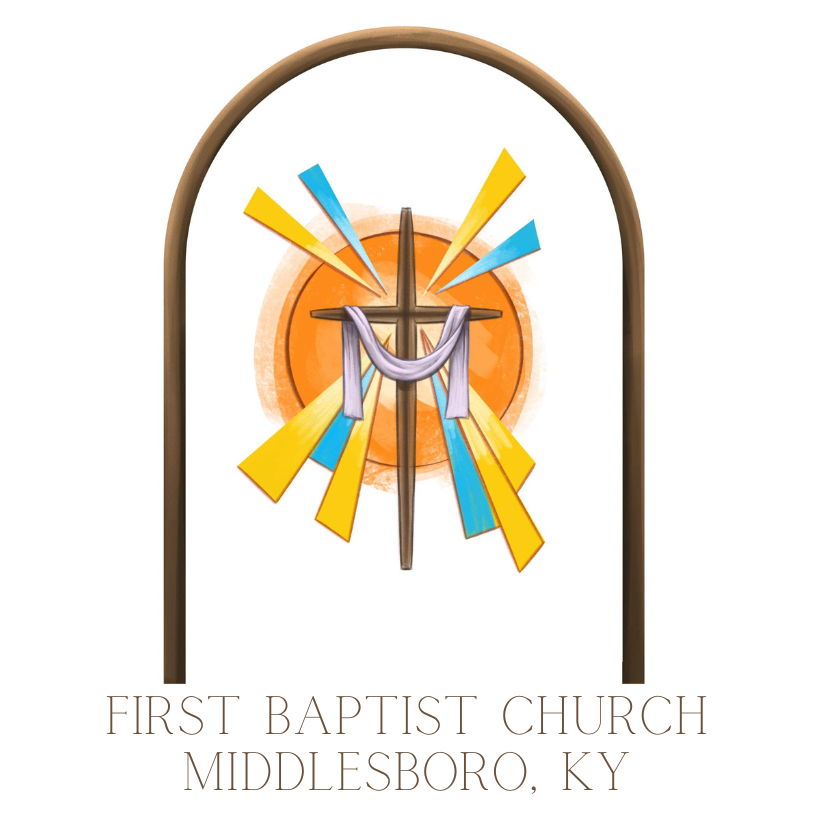Appalachian Immersion
“Don’t you see? God’s kingdom is already among you.”
Luke 17:21 CEB
What is Appalachian Immersion?
Appalachian Immersion offers youth and adult groups service and learning experiences that seek to replace stereotypes about the people, region, and culture of southeastern Kentucky with enduring relationships of Christian hospitality and hope. Where our faith tradition has been keen to “go and tell,” Immersion offers to come alongside and to listen.
Come Partner With Us!
Come partner with us in doing Gospel work in Appalachia. Check out our Appalachian Immersion website here.

A Word from Our Pastor
A stereotype is a powerful thing. A stereotype does more than describe a reality; it prescribes one. It comes prepackaged with assumptions about power, worth, intelligence—even dignity—and because there is a lining of truth to just about every stereotype, it’s easy to embrace the assumptions along with the truth and move on. In fact, we human beings seem to learn to do so almost effortlessly.
I do ministry alongside a great group of people in the heart of one of the most stereotyped regions in the country. Best I can tell, the stereotyping of Appalachia began slightly before and around the so-called War on Poverty initiative signed by President Lyndon B. Johnson in the 1960s. Appalachia had always been a rural, low-income, familial society. In the ensuing years, it also became known outside and in as uneducated, socially-backward, and poor.
In response to the power of this pervasive and debilitating stereotype, First Baptist Church of Middlesboro has created an Appalachian Immersion ministry. The idea is simple: to offer a one-part service, one-part learning “mission trip” opportunity in eastern Kentucky for youth and adults. We’ve repurposed the second floor of our education building into a mission wing to house groups and group leaders. We’ve partnered with the Appalachian Ministries Education Resource Center in Berea, KY, to ensure the integrity of the learning experiences. And we’ve reached out to our community here in Middlesboro in search of service projects that will help our neighbors. We have hosted groups from churches, seminaries, and denominations. During their time here, they served in a food pantry, worked in a clothing closet, worked on a mountain farm, toured a coalmine, and learned about ecology and art at a settlement school.
Perhaps most importantly, while doing all of that and more, they worked on growing themselves and their perspectives beyond of the stereotypes of Appalachia they brought with them. They learned to see a place in the world in all of its richness—challenges and blessings. Whatever else that might look like, to me it looks like redemption. To me, it looks like learning to love the world that God so loves.
Rev. Zachary L. Bay
Pastor
A Holistic Approach to Missions in the Mountains
In 2014, Middlesboro’s First Baptist Church signed on to a vision: become a place where groups could come and do missions in the mountains with integrity. With a gracious gift from the estate of S.H. and Evelyn Flowers, the church repurposed its underused education wing into what members and neighbors now call “the mission wing.” There are bunk beds in two different rooms, as well as a suite with a meeting space and private bedrooms for leaders. There are two half-bathrooms, two full bathrooms, and a total of six showers. In the past few years, there have been about dozen groups—some from churches, some from seminaries—come to serve and learn in Appalachia. Serve and learn, for God is already here and up to something, and just like every other place in the world, Appalachia too has something to teach.
We believe in serving our neighbors in their need. We believe in being the change we want to see in the world, right here in Appalachia. This region and its people are often misunderstood. Rather than letting the stereotypes of the broader culture remain unchallenged, we seek to nuance and enrich people’s perceptions of this poorly understood region in America. Groups come and serve and learn, and as they do so, they change and they change us. It’s a new way of doing missions.











